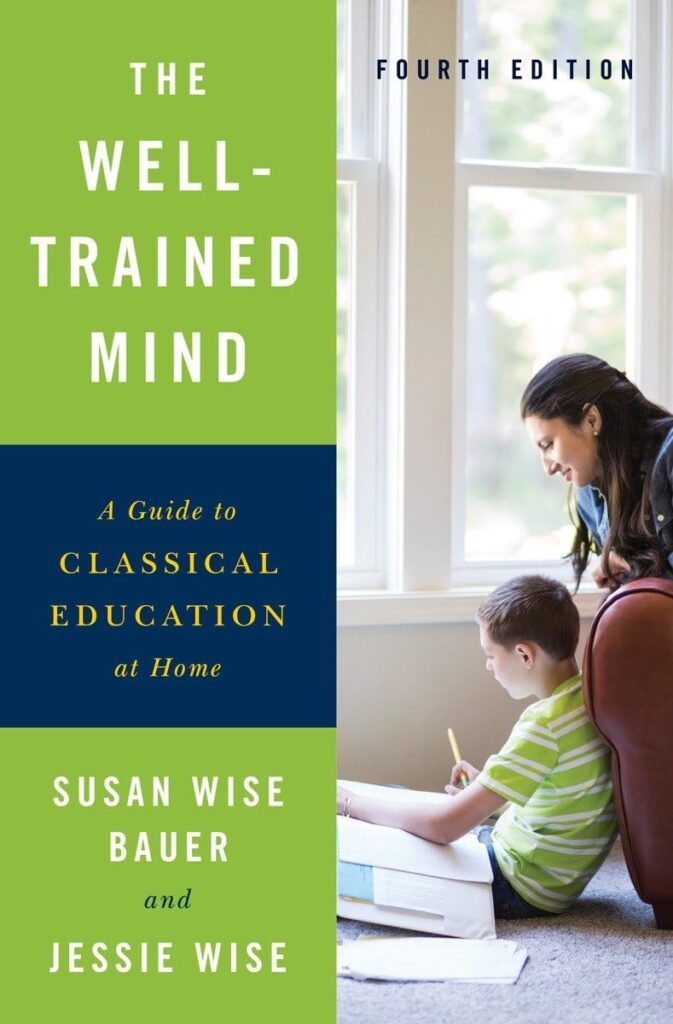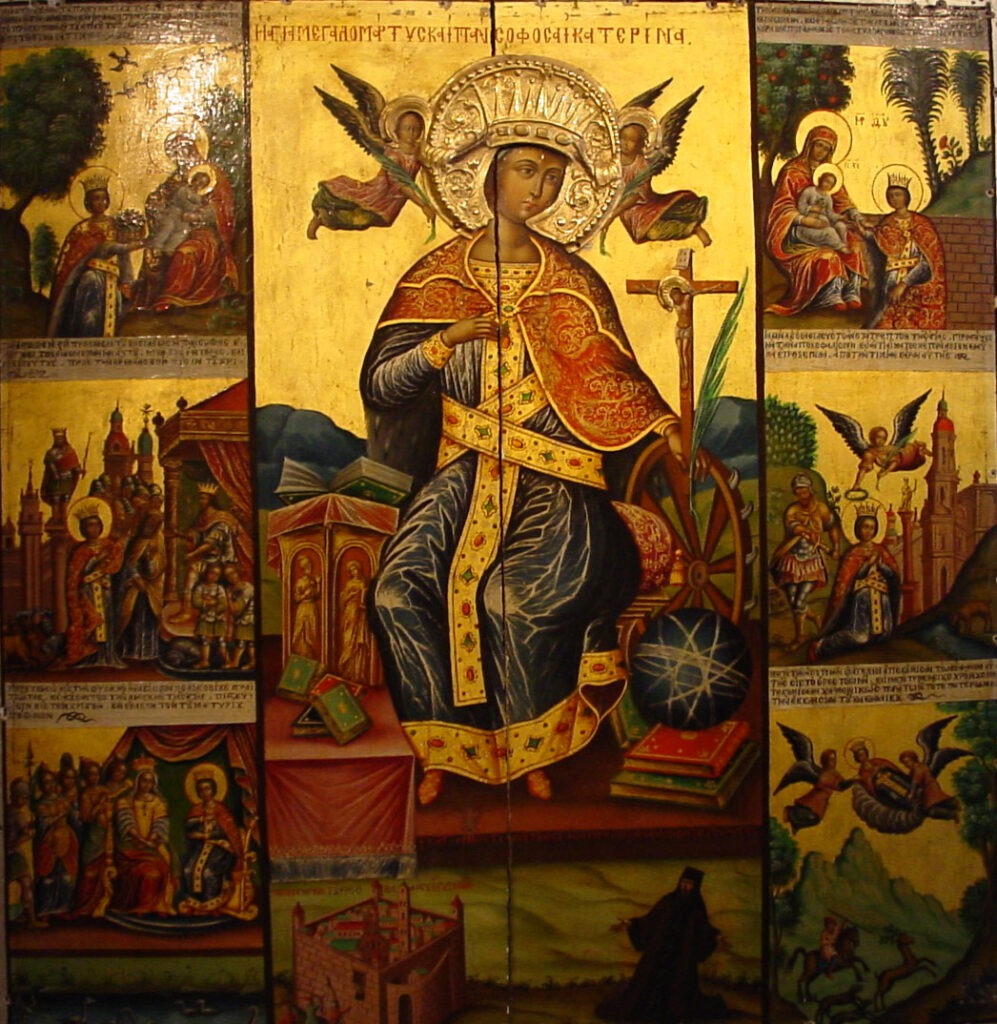WELCOME TO THE IRISH ORTHODOX HOMESCHOOLING COOPERATIVE

“Education is not the filling of a pail, but the lighting of a fire.”
Plutarch (+125 AD)
A child discovers a sheep while looking out over the Shanakeever valley.
An Online Forum
As a branch of Saint Willibald’s Educational Centre, the Irish Orthodox Homeschooling Cooperative seeks to bring together Orthodox homeschooling families from across the island with the goal of collaborating on curriculum, educational resources, and learning goals. In addition to guidance for family-led homeschooling programs, we host regular online classes as well as periodic in-person learning events. For those those still enrolled in Irish schools, many of our online classes occur outside of school hours. Ultimately, we hope form a network of fellowship and friendship to support shared faith-based parenting goals.

Why Homeschool?
Homeschooling offers children the opportunity to engage learning in the context of the vital parent-child relationship. Moreover, it offers independence from the current trends in public education, such as sinking educational standards and indoctrination into non-Christian ideologies. Coordination among like-minded homeschooling families, moreover, strengthens the initiative through the sharing of resources, ideas, and learning experiences.
A Classical Christian Education
Like many homeschooling families committed to traditional Christian values, the Saint Willibald Irish Orthodox Homeschooling Cooperative supports a classical education. We look to curriculum guidance as outlined in Susan Bauer Wise’s book in “The Well-trained Mind.” Wise articulates comprehensive and concrete information on how to structure humanities-based homeschooling curriculums, including book lists, evaluation of resources, and weekly scheduling plans. For those families interested in classical homeschooling, but unsure of where to start, this book provides a clear direction and pragmatic glimpse at how education might look at home.
As a vital part of the Classical Humanities, we are excited to announce that we will offer an online beginner’s Latin Class for children ages 9-14.

Image from WikiCommons
The Classical Heritage of the Early Church
As Orthodox Christians, we know through our hagiography that the early Christian Church began in Antiquity. The Early Church embraced the Christ’s Gospel often through training in the classical humanities. Critical thinking skills, such as logic and rhetoric, lay at the heart of these ancient schools. When challenged to think for themselves, children can engage learning properly: as a doorway to unlocking their God-given potential.
Did you know?
- The original New Testament was written mostly in Ancient Greek.
- The Hagia Sophia, commissioned by Saint Constantine in 325, commemorates the Holy Wisdom of God. Sophia, or “wisdom,” as a crowning virtue of Antiquity, lies at the heart of philosophy. Philosophy means, literally, the “love of wisdom.”
- Many early Church Saints, such as Saint Macrina the Younger, saw themselves as philosophers. They believed that philosophers like Socrates, Plato, Plutarch, and Pythagoras (occasionally depicted in Orthodox icons) helped lead Greek pagans to Christ.
- Reknown for their wisdom and rhetoric, our Three Great Holy Hierarchs, Saint John Chrysostom, Saint Basil the Great, and Saint Gregory the Theologian, employed their classical educations to establish the Orthodox Church in its new place within the Roman Empire. Emerging from the bloodshed of the Great Persecutions and thrust into the intrigues of Roman politics, the Church faced dangerous and turbulent changes. With eloquent and impeccable skill, the Holy Hierarchs defined the Orthodox Faith, resisted the heresy of Arianism, modelled humility and ascetic virtue, and weeded out political corruption, such as bishops appointed by simony.
- Saint Catherine’s advanced rhetorical skill persuaded an entire room full of leading pagan philosophers to convert to martyrdom in Christ!
If you take away my possessions, you will not enrich yourself, nor will you make me a pauper. You have no need of my old worn-out clothing, nor of my few books, of which the entirety of my wealth is comprised. Exile means nothing to me, since I am bound to no particular place. This place in which I now dwell is not mine, and any place you send me shall be mine. Better to say: every place is God’s. “Where would I be neither a stranger and sojourner” [Ps. 38/39:13]? Who can torture me? I am so weak, that the very first blow would render me insensible. Death would be a kindness to me, for it will bring me all the sooner to God, for Whom I live and labor, and to Whom I hasten.
Saint Basil the Great, when pressured by Emperor Valens to accept the Arian heresy under threat of exile, beating, and death.